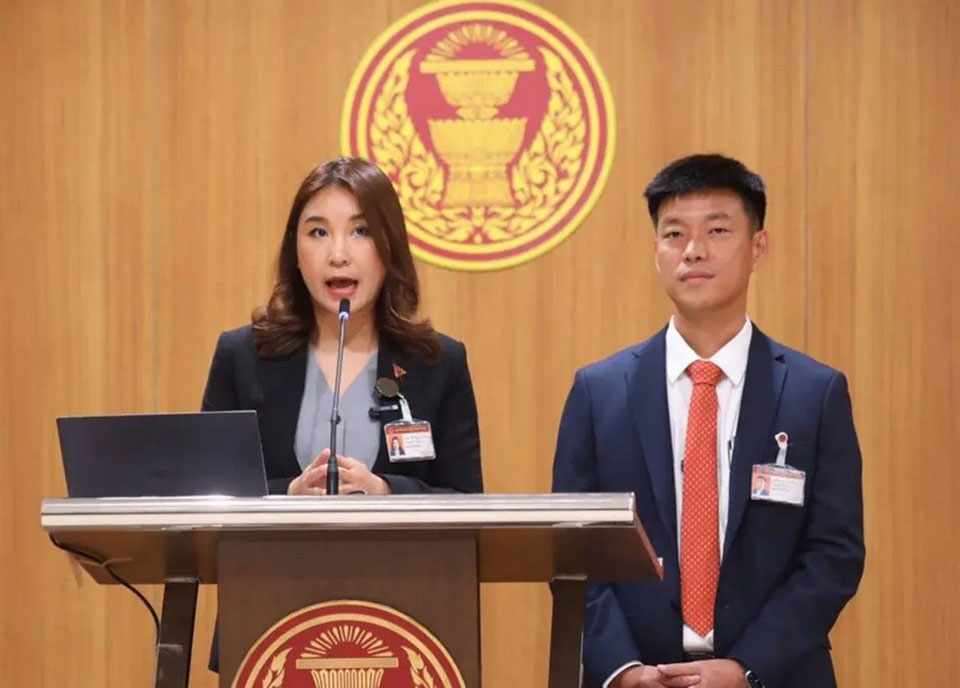
BANGKOK, Thailand – Opposition leaders have expressed disappointment with the government’s 90-day performance report, accusing Prime Minister Paethongtarn Shinawatra of failing to meet expectations, December 12. They argue that the presentation was more of a “handover of responsibilities” to ministers rather than a comprehensive report on actual achievements.
Nattapong Rueangpanyawuth, leader of the People’s Party, stated that the government’s report did not pass the mark, as it lacked concrete details and failed to address key issues adequately. He emphasized the need for the government to engage more with the legislative branch, particularly by answering questions in Parliament and providing more clarity on proposed legislation. He also mentioned that his party has submitted over 80 draft laws that should be prioritized.
Nattapong further criticized the government’s handling of economic policies, particularly the digital wallet scheme, which has not achieved its intended impact. He noted that the government’s approach to decentralization was inadequate, focusing more on small-scale projects instead of empowering local governments to address pressing issues such as flooding, droughts, and air pollution.
Meanwhile, Sirikanya Tansukul, a member of the People’s Party, stated that the government’s report should not be considered as a genuine review of its first 1 year and 4 months in office, as it mainly repeated issues from previous policy announcements. She highlighted that while some policies, such as tackling monopolies and restructuring debt, were supported, many critical issues, including online crime and the digital wallet rollout, were inadequately addressed.
The opposition leaders also pointed to the government’s failure to meet its goals in tackling PM 2.5 pollution and the slow progress on key projects such as the digital wallet initiative. They announced plans to submit a motion for a no-confidence debate in Parliament early next year.











